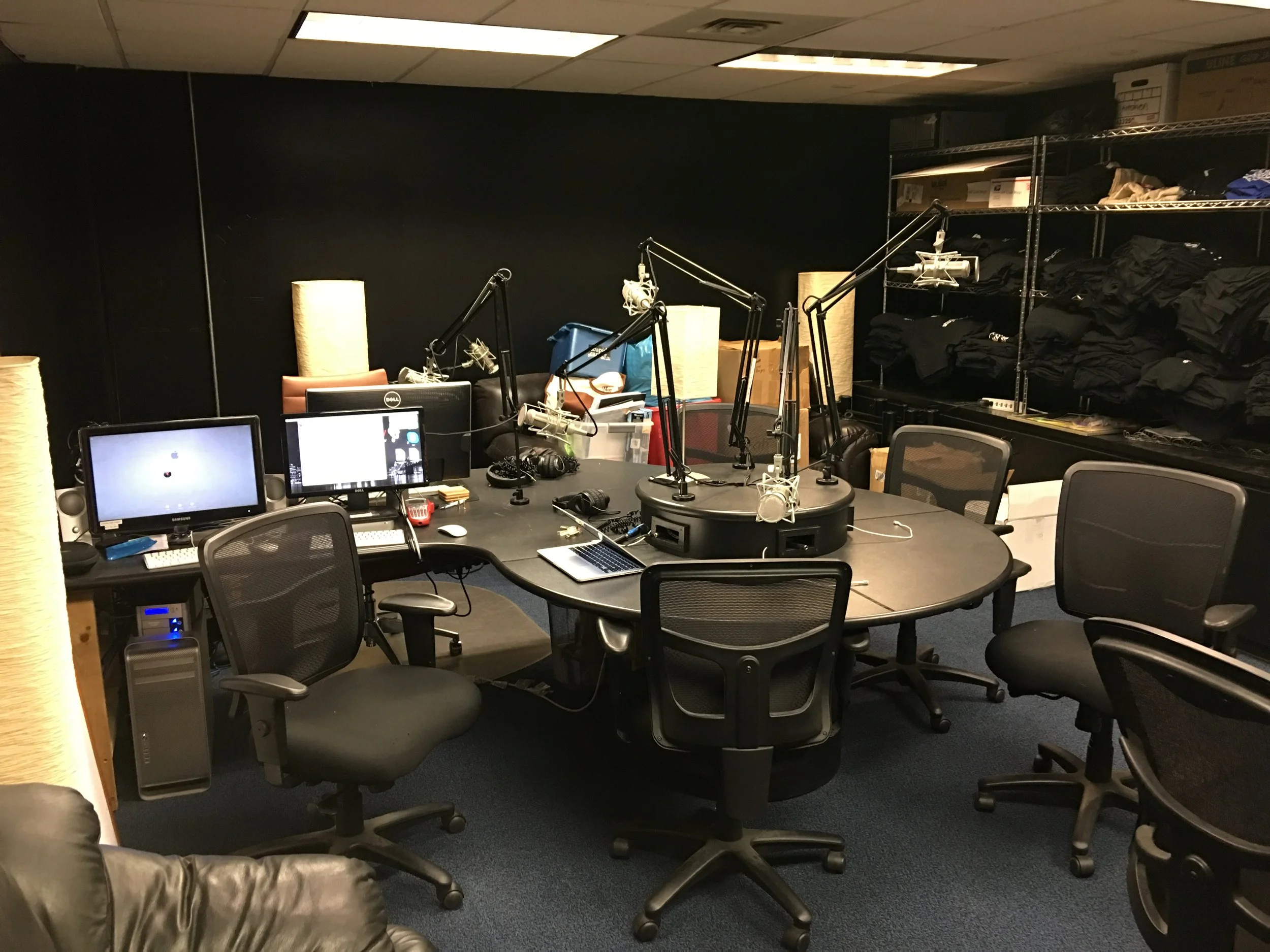Live, Unfiltered, and On-Air: What I Learned from The Stupid Cancer Show
From 2010 to 2016, Monday nights were sacred.
While most people were wrapping up their workday or binge-watching whatever Netflix just dropped, I was in a studio-turned-broadcast-bunker helping produce The Stupid Cancer Show — a weekly internet radio show at the heart of the young adult cancer movement.
I started on the production team, back when the show ran on little more than grit, Google Docs, and a prayer. But over the years, I wore just about every hat — guest wrangler, tech fixer, on-air color commentator, and occasional pizza-orderer. Eventually, we raised enough funds to do a full renovation of our studio, upgrading the space and gear to true professional quality. It was one of the most satisfying projects I’ve ever helped pull off.
But what I really got out of it wasn’t a credit or a résumé line. It was a crash course in creative real-time execution — and what it takes to consistently put the best possible product out into the world.
Thinking Fast and Staying Sharp
The show was live. Always. No second takes, no cutting in post. That meant you had to think and react — fast. Whether a guest derailed into a tangent, a mic cut out, or Matthew Zachary (our fearless host) suddenly tossed you a hot take to build on, there was no time to overthink.
As the color commentator alongside Matthew and co-host Lisa Bernhard, my job was to react, amplify, redirect, or lighten the mood — in real time. It taught me how to be present, how to read the room (or radio waves), and how to contribute meaningfully without stepping on the flow.
From Makeshift to Mission-Driven
In the early days, the studio was scrappy — wires everywhere, gear we’d jury-rigged, and lots of crossed fingers. But in 2014, we decided the mission deserved more. We raised funds and rebuilt the studio from the ground up, transforming it into a polished, professional-grade production space. New mics, soundproofing, a full broadcast setup — the works.
That transformation mirrored what we were doing as an organization. We were scaling up, maturing, and putting out content that met the quality our audience deserved. It taught me that investing in infrastructure isn’t vanity — it’s respect. Respect for your mission, your team, and your audience.
Listening Is the Secret Skill
Being on-air wasn’t about talking — it was about listening. Knowing when to support, when to speak up, and when to let something breathe. The best moments came from chemistry, timing, and trust — not just scripts.
That’s stayed with me in every role since. Whether in a boardroom, a brainstorm, or a one-on-one with a team member, great communication starts with really hearing what’s happening around you.
The Power of Shipping Weekly
For six years, we shipped every week. Rain or shine, flu or fatigue. And that discipline built creative confidence. It taught me that consistency compounds. That showing up matters. That good ideas become great through momentum — not magic.
I still carry that energy into everything I build: the drive to create something excellent, even if the path there is messy.
Final Thought
Working on The Stupid Cancer Show was never just about content — it was about community, courage, and creativity under pressure. It sharpened my instincts, stretched my skills, and showed me what’s possible when mission meets media.
And while I’ve moved from radio mics to real estate, and from podcasts to private offices, the lesson holds: No matter the product, the process matters. And the best products come from teams who care deeply — and aren’t afraid to go live.

